Features > Property News & Insights > Financial Advice
Is Paying Off Your Home Loan Early Worth It? Consider the Opportunity Cost
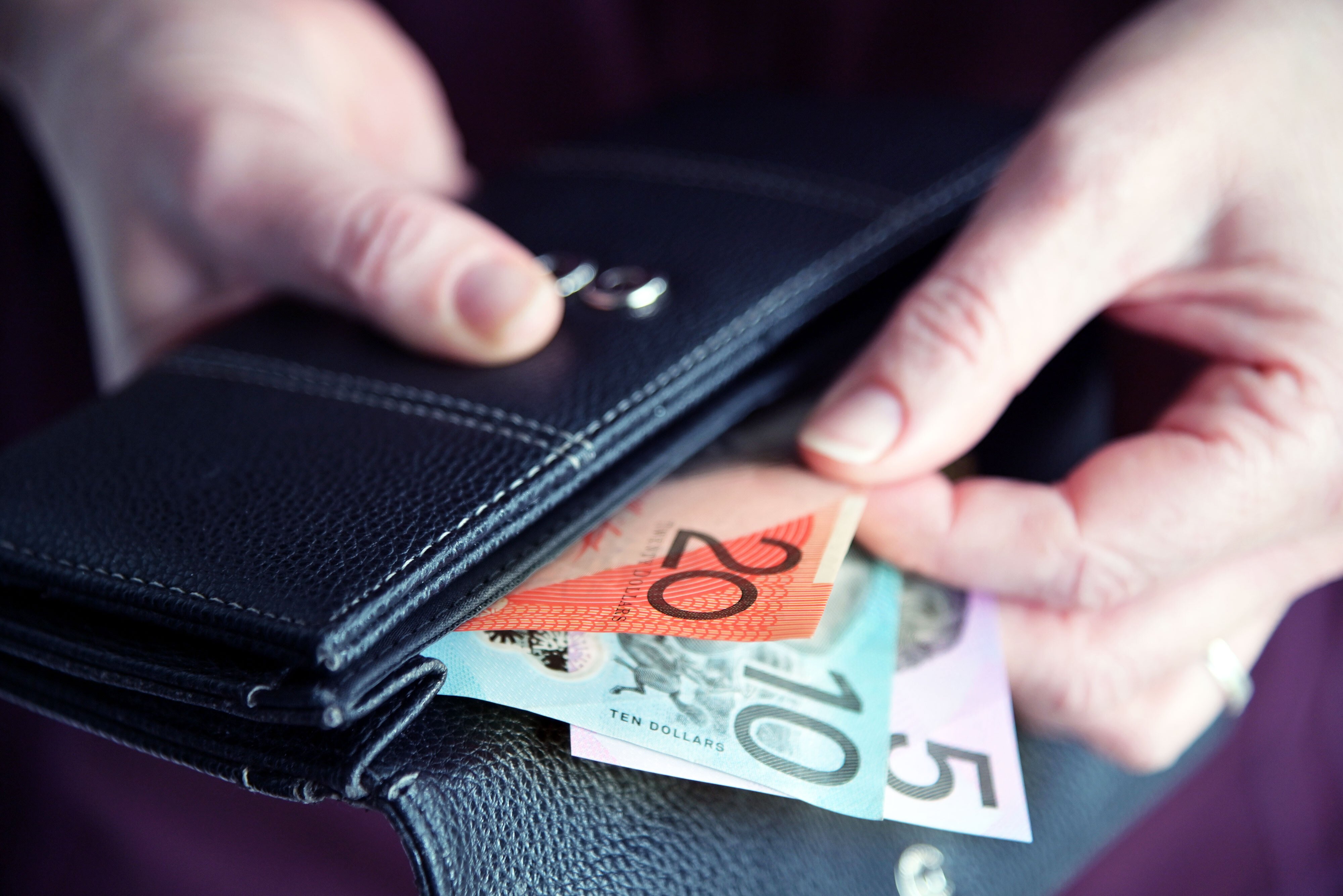
KEY POINTS
- Paying off your home loan sooner can save you thousands in interest payments
- Opportunity cost needs to be considered to ensure the most effective investment of spare cash
- Concessional super contributions minimise tax implications compared to other investments
Home loans are often the greatest expense in a household, especially when interest rates are high. But will paying your mortgage off earlier save you money, and is it the best use of any extra cash you might have?
It all comes down to personal circumstances and individual goals, as most financial decisions do.
Paying off your home loan faster will undoubtedly save you money in the long run. Potentially thousands if you pay well over your minimum payment.
But there are things that you need to weigh the potential savings against, including the opportunity cost. For those not familiar with investing lingo, the opportunity cost is the income you could potentially miss out on from other investments or opportunities by tying your money up elsewhere.
Director of Personal Finance at MorningStar, Mark LaMonica, crunched the numbers, quantifying the savings on a typical Sydney home loan, indicative of current times.
He based his calculations on a $1 million home, with a 20 per cent deposit and a 6 per cent interest rate. He also factored in an 11-year hold period (the Australian average, according to CoreLogic), and a 7 per cent annual appreciation rate (Sydney’s most recent 10-year average).
After 11 years of paying the minimum repayment of primary and interest, there would have been $628,328 worth of repayments made - $146,857 to principal and $428,471 to interest. The house is now worth $2,104,851 and, upon selling, would leave the homeowners with $1,451,709 of wealth after paying out the remainder of their loan.

Alternatively, if the homeowner chose to make $1,000 in additional payments to their home loan every month, they would have paid a total of $759,328 in 11 years - $331,258 to principal and $428,070 to interest. They would walk away from the sale of their home with $1,636,110 of earnings.
The second scenario leaves them $184,401 wealthier, according to Mr LaMonica’s calculations.

It seems like a no-brainer, but financial decisions are seldom simple. The question remains - is this the best use of extra cash? A spare $1,000 to invest every month can make quite the impact and deserves serious deliberation.
It’s important to consider other options, to mitigate the opportunity cost.
Supercharge your super - and enjoy tax breaks
Investing into superannuation can be a savvy choice, especially for its tax concessions.
In Australia, concessional super contributions can be up to $27,500 annually. After this threshold is reached, any additional superannuation contributions will be taxed at your marginal tax rate, minus a 15 per cent tax offset.
Founder of StockSpot, Chris Brycki, told AFR’s Michael Read that investing in super can be well worth it in the long run, setting you up for a comfortable retirement.
“Investing $10,000 today at 8 per cent growth and making regular monthly contributions of $500 will mean you have more than $113,000 in 10 years,” said Mr Brycki.
Investing in super presents a compelling case for those concerned about the tax implications of other investment strategies, but it does have a downside - your money is well and truly tied up until you reach retirement age.
Are stocks the answer?
Another option is investing extra cash into stocks.
As Mr LaMonica points out, the above-mentioned scenario of additional mortgage repayment benchmarks returns at 6 per cent, or whatever the interest rate is of the home loan - also known as the ‘hurdle rate’.
For stocks to outperform extra mortgage repayments as an investment strategy, they need to generate returns well above 6 percent, to also account for tax that you will be eligible to pay.
According to Marc Jocum, investment manager at StockSpot, the ASX 200 has provided long-term returns of roughly 9 per cent per year. It then depends on your marginal tax rate to determine how much you would get to keep.

For those on higher taxable incomes ($180k and over) paying 45 cents to every dollar or 45 per cent, returns on this kind of investment could be seriously dampened by income tax.
On the other hand, superannuation contributions and residential property offer some attractive tax breaks.
One benefit of investing in stocks is that, while profitability will be determined by timing and income status, it is a liquid asset that can be sold at short notice if cash is needed quickly.
Reinvesting in real estate
In the scenario above, the homeowner was investing $1,000 a month. It’s not quite enough to buy another property straight up, but investing that back into your mortgage can increase the portion of your property that you own.
In turn, this increases your equity, which can then be used to help you purchase an investment property. The benefit of expanding your property portfolio is that it can be set up to require relatively low financial input from your own money, with positive gearing and the use of existing property as security. But this strategy does have tax implications too.
An additional benefit is that property can also act as a hedge against inflation, safeguarding your money against value erosion.
But as always, the best investment option comes down to personal circumstances. Your risk tolerance, age, financial goals, existing investments and disposable income will determine which investment strategy is the right one for you.
Stay Up to Date
with the Latest Australian Property News, Insights & Education.




.png?width=292&height=292&name=Copy%20Link%20(1).png)
 SIGN UP FOR FREE NEWSLETTER
SIGN UP FOR FREE NEWSLETTER


.png)
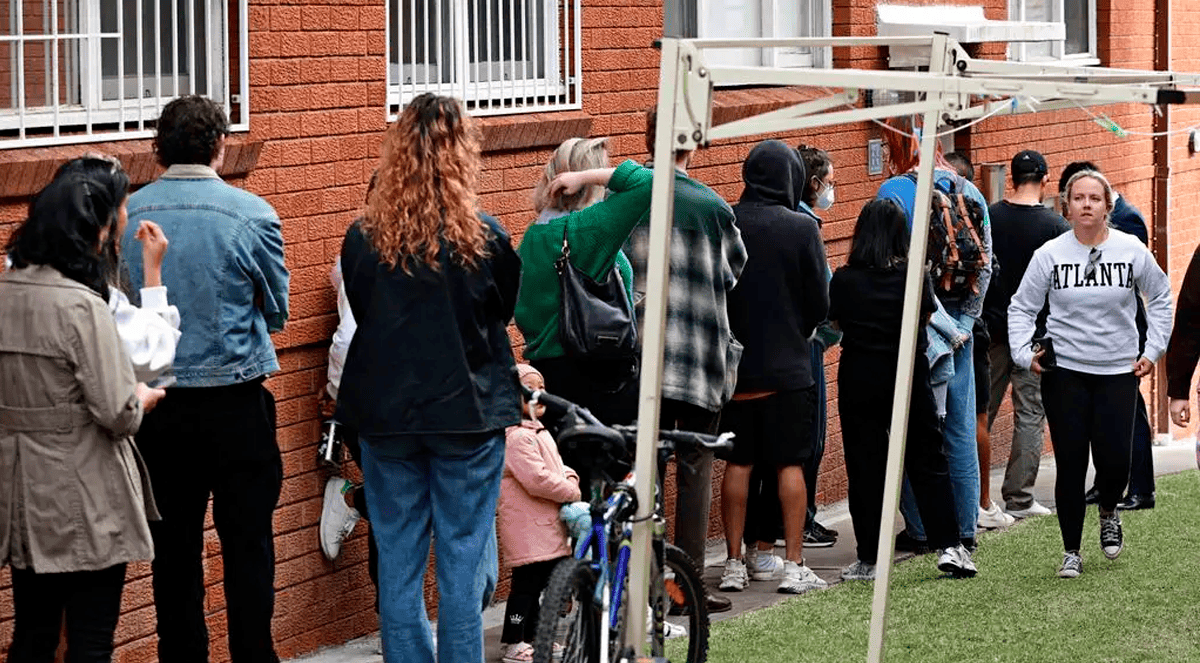
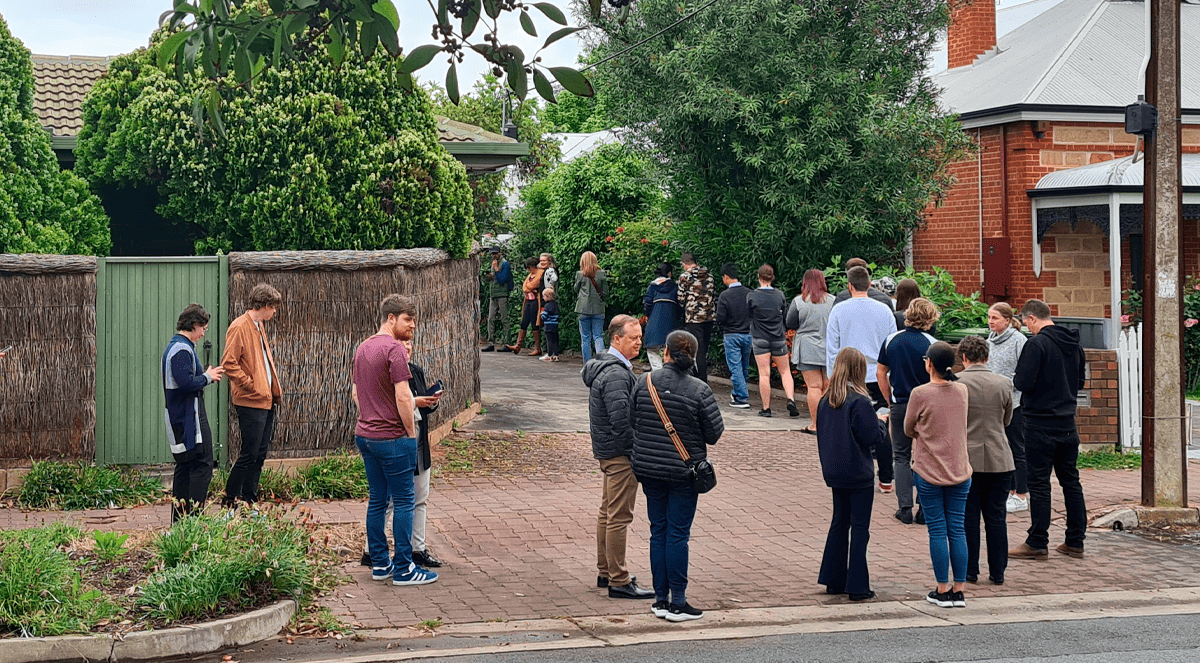
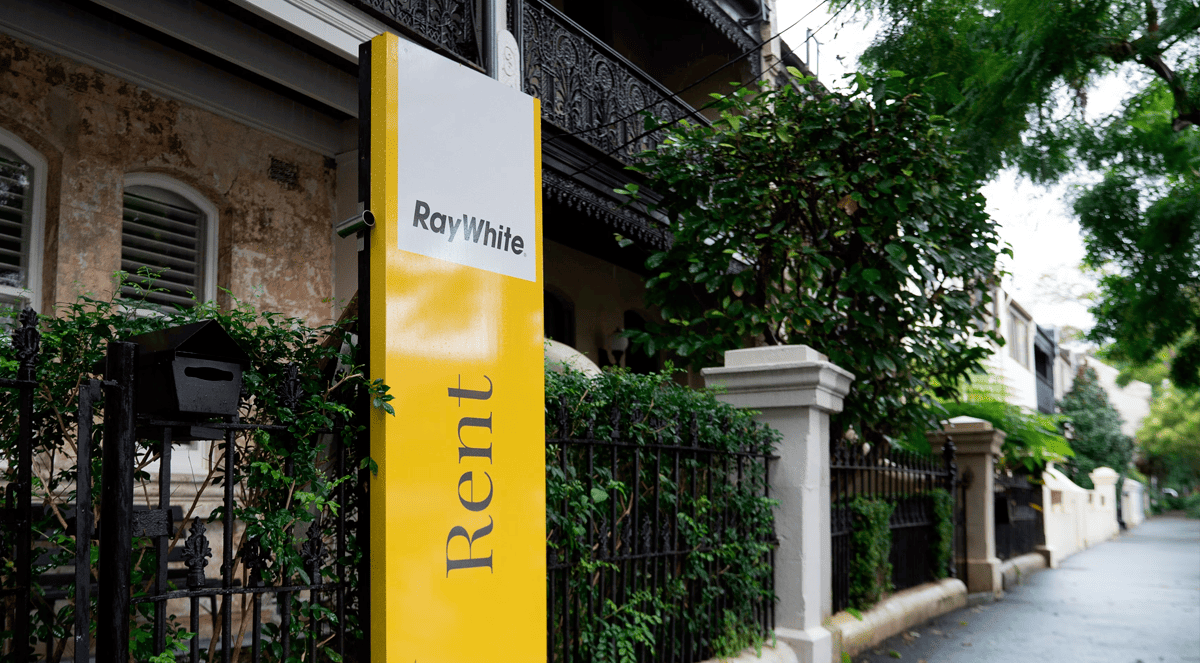
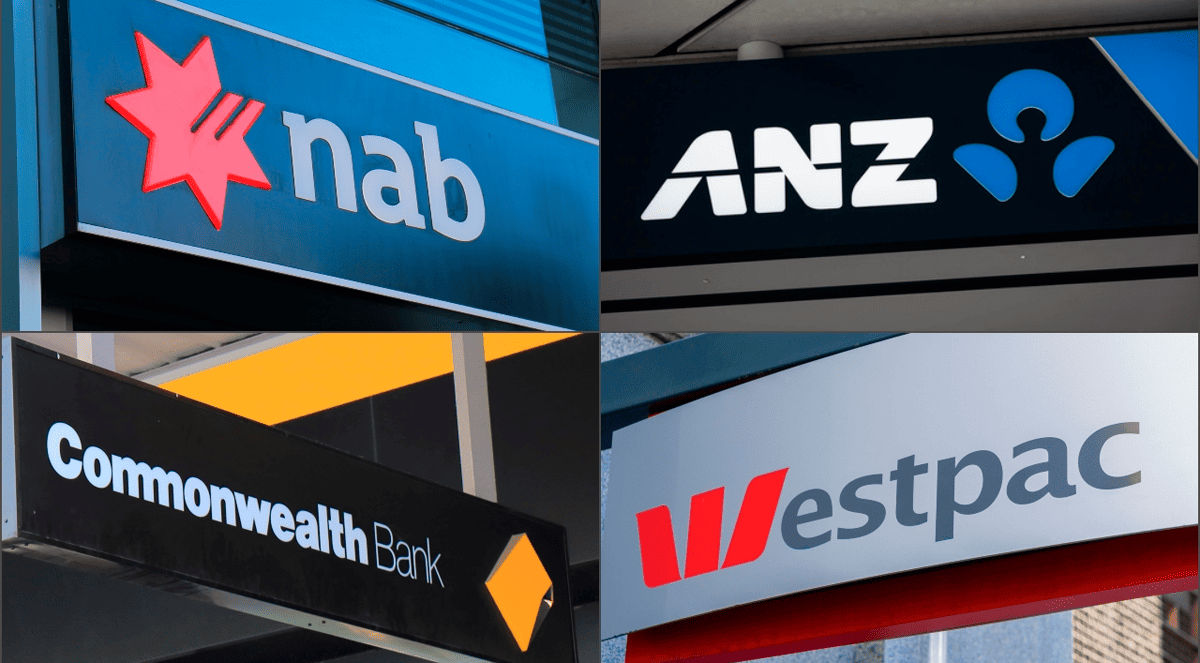

%20Scott%20Kuru%20DPU%20141.jpg?width=1920&height=1080&name=The%20Senate%20Just%20Exposed%20Australias%20Biggest%20$80%20Billion%20Housing%20Fraud%20(Inquiry%20Launched)%20Scott%20Kuru%20DPU%20141.jpg)





%20Scott%20Kuru%20DPU136.jpg?width=1920&height=1080&name=Aussies%20Just%20Got%20Hit%20With%20Double%20Taxes%20on%20Everything%20(This%20Has%20Gone%20Too%20Far)%20Scott%20Kuru%20DPU136.jpg)


%20Scott%20Kuru%20DPU%20133.jpg?width=1920&height=1080&name=JUST%20IN%20Something%20Major%20Just%20Flipped%20Australia%E2%80%99s%20Property%20Market%20for%202026%20(No%20One%20Saw%20This%20Coming)%20Scott%20Kuru%20DPU%20133.jpg)


.jpg?width=1920&height=1080&name=Rental%20Prices%20At%20Record%20Highs%20And%20Vacancy%20Rates%20At%20All%20Time%20Lows%20(New%20Data%20Reveals).jpg)
%20%20DPU%20EP%2014.jpg?width=1920&height=1080&name=Investors%20Shutting%20Out%20First%20Home%20Buyers%20(Investors%20At%20Record%20Highs)%20%20DPU%20EP%2014.jpg)

.jpg?width=1920&height=1080&name=Darwins%20Property%20Market%20Boom%20or%20Dangerous%20Gamble%20(REVEALED).jpg)

.jpg?width=1920&height=1080&name=The%20RBA%E2%80%99s%20Rate%20Cut%20Could%20Explode%20House%20Prices%20(Here%E2%80%99s%20Why).jpg)








.jpg?width=1920&height=1080&name=Warning%2c%20You%20Might%20Be%20Facing%20Higher%20Taxes%20Soon%20(1).jpg)




.png?width=1920&height=1080&name=Rate%20Drops%20Signal%20BIGGEST%20Property%20Boom%20in%20DECADES%20(1).png)

.jpg?width=1920&height=1080&name=Labor%20vs%20Liberal%20These%20Housing%20Policies%20Could%20Change%20the%20Property%20Market%20Forever%20(1).jpg)
.jpg?width=1920&height=1080&name=QLD%20Slashes%20Stamp%20Duty%20Big%20News%20for%20Investors%20%26%20Home%20Buyers%20(1).jpg)
.jpg?width=1920&height=1080&name=Trump%20Just%20Slapped%20Tariffs%20%E2%80%93%20Here%E2%80%99s%20What%20It%20Means%20for%20Australia%20(1).jpg)
.jpg?width=1920&height=1080&name=Federal%20Budget%202025%20More%20Debt%2c%20No%20Housing%20%E2%80%93%20Here%E2%80%99s%20What%20You%20Need%20to%20Know%20(1).jpg)
.jpg?width=1920&height=1080&name=Australias%20Housing%20Crisis%20is%20about%20to%20get%20MUCH%20Worse%20(New%20Data%20Warns).jpg)
%20(1).jpg?width=1920&height=1080&name=Australias%20RENTAL%20CRISIS%20Hits%20ROCK%20BOTTOM!%20(2025%20Update)%20(1).jpg)
%20(1).png?width=1920&height=1080&name=Is%20Adelaide%20Still%20a%20Good%20Property%20Investment%20(2025%20UPDATE)%20(1).png)
.jpg?width=1920&height=1080&name=RBA%20Shocks%20with%20Rate%20Cuts!%20What%E2%80%99s%20Next%20for%20Property%20Investors%20(1).jpg)
%20(1).jpg?width=1920&height=1080&name=I%20Predict%20The%20Feb%20Rate%20Cut%20(My%20Price%20Growth%20Prediction)%20(1).jpg)
.png?width=1920&height=1080&name=Why%20Property%20Prices%20Will%20Rise%20in%202025%20Market%20Predictions%20(1).png)
.jpg?width=1920&height=1080&name=Why%20Investors%20Are%20Choosing%20Apartments%20Over%20Houses%202%20(1).jpg)
.jpg?width=1920&height=1080&name=Why%20Rate%20Cuts%20Will%20Trigger%20A%20Property%20Boom%20(1).jpg)
.jpg?width=1920&height=1080&name=Retire%20On%202Million%20With%20One%20Property%20(Using%20SMSF).jpg)
.jpg?width=1920&height=1080&name=4%20Reasons%20Why%20You%20Should%20Invest%20in%20Melbourne%20Now%20(1).jpg)
%20(1).jpg?width=1920&height=1080&name=Old%20Property%20vs%20New%20Property%20(Facts%20and%20Figures%20Revealed)%20(1).jpg)
%20(1).jpg?width=1920&height=1080&name=Will%20The%20New%20QLD%20Govt%20Create%20a%20Property%20Boom%20or%20Bust%20(My%20Prediction)%20(1).jpg)
%20Scott%20Kuru%20(1).jpg?width=1920&height=1080&name=Inflation%20Hits%20Three-Year%20Low%20(Will%20RBA%20Cut%20Rates%20Soon)%20Scott%20Kuru%20(1).jpg)
.jpg?width=1920&height=1080&name=How%20to%20Buy%20Investment%20Property%20Through%20SMSF_%20The%20Ultimate%20Guide%20(1).jpg)
.jpg?width=1920&height=1080&name=Victoria%20Slashes%20Stamp%20Duty%20Melbourne%20Set%20to%20Boom%20Scott%20Kuru%20(1).jpg)
.png?width=1571&height=861&name=Are%20Foreign%20Buyers%20Really%20Driving%20Up%20Australian%20Property%20Prices%20(1).png)
.jpg?width=1920&height=1080&name=The%20Single%20Factor%20That%20Predicts%20Property%20Growth%20Regions%20(1).jpg)
%20Scott%20Kuru%20(1).jpg?width=1920&height=1080&name=My%20Prediction%20On%20Rates%20%26%20Negative%20Gearing%20(Market%20Crash)%20Scott%20Kuru%20(1).jpg)

-1.png?width=1920&height=1080&name=Major%20Banks%20Cut%20Rates%20Will%20RBA%20Follow%20Suit%20(Sept%20Rate%20Update)-1.png)
%20Scott%20Kuru-1.png?width=1920&height=1080&name=Rate%20Cut%20Coming%20What%20New%20Zealands%20Move%20Means%20for%20Australia%20(Sept%20Prediction)%20Scott%20Kuru-1.png)
%20(1).jpg?width=1920&height=1080&name=Buy%20when%20the%20interest%20rates%20are%20high!%20(Why%20you%20must%20buy%20now!)%20(1).jpg)
.jpg?width=1920&height=1080&name=Carms_Revised%20Taxes%20Due%20Aug%209%20YT%20Thumbnail02%20(1).jpg)
.jpg?width=1920&height=1080&name=Carms_Too%20Little%20Too%20Late%20Aug%207%20YT%20Thumbnail01%20(1).jpg)









.jpg?width=1920&height=1080&name=Carms_Rate%20Drop%20In%20July%20Jun%2010%20YT%20Thumbnail02%20(1).jpg)
.jpg?width=1920&height=1080&name=Carms_Own%20a%20Property%20V6%20Jun%205_YT%20Thumbnail%20(1).jpg)









.png?width=1920&height=1080&name=Artboard%201%20(3).png)






.jpg?width=1920&height=1080&name=YT%20thumbnail%20%20(1).jpg)

